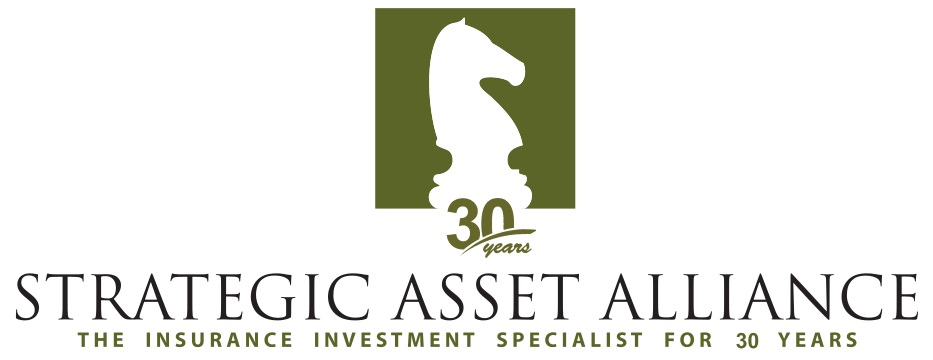Cash Management for Insurance Companies & Gov't Risk Pools in the Wake of Recent Banking Failures
We spoke with UMB Bank to discuss what insurance companies and governmental risk pools should be mindful of when it comes to their cash management as banking issues continue to playout and/or unwind.
Amy Small
| EVP, Executive Director Institutional Custody and IB Operations |
UMB Bank
amy.small@umb.com | www.umb.com/institutionalcustody/
SAA: Deposits, specifically large deposits, have never been a bigger focus within the banking industry. What factors should insurers and government risk pools consider when depositing funds with their bank?
UMB: When depositing funds with their bank, insurers and government risk pools should examine the bank’s capital ratios, loan to deposit ratio, and balance sheet position. Of particular importance are the bank’s sources of liquidity. Clients should examine their bank’s cash position and contingent sources of liquidity to determine its ability to cover its uninsured deposit base in the event of stress.
The bank’s history is also relevant, including its performance during prior periods of stress. The history, age, and makeup of its deposit relationships are also important to examine.
SAA: How has UMB positioned itself to protect client assets, including cash deposits? What has changed (if anything) since the start of the year?
UMB: The strength and stability of UMB underlies everything we do for our clients. UMB has been conservatively positioned even leading up to the banking sector challenges that came to light in March.
UMB prioritizes prudent financial management. We have a well-diversified deposit base with no material concentrations in any one specific business sector and diverse geographies. UMB has long-tenured relationships with our depositors. Clients that have been with us for more than 15 years hold nearly 50% of our deposit balances. Within our commercial deposits, no one sector represents more than 4% of total deposits as of June 2023.
Our conservative loan-to-deposit ratio provides flexibility, as does access to ample sources of liquidity. Our asset quality is excellent—and built with time-tested underwriting standards. UMB holds a high-quality bond portfolio, a portion of which may be used to collateralize municipal and trust deposits. Like all banks, we have unrealized losses in our bond portfolio because of the rapidly rising interest-rate environment. These unrealized losses are in line with peer levels as a percentage of available for sale securities and do not impact regulatory capital ratios. We do not intend to sell these securities and realize current paper losses on the portfolio. Again, holding these securities in our portfolio is a necessary part of securitizing long-held relationships we have with clients.
We have not been reinvesting bond maturities over the last year, instead letting our bond exposure roll off into cash. Most importantly, we have sufficient cash and contingent sources of liquidity to cover our uninsured deposits, which have also been declining as a percentage of overall deposits. All three U.S. credit rating agencies rate UMB as investment grade, above the U.S. median and among the highest globally.
SAA: Where can insurers and risk pools find protection for their balances above the FDIC-insured limit of $250,000?
UMB: If clients are comfortable with the health and safety of their bank and would like to earn a higher yield, FDIC insurance may not be a consideration. For insurers and government risk pools who require an additional layer of safety, there are a number of alternatives we discuss with our clients, including collateralized options and FDIC insured cash deposit programs. With a collateralized deposit option, segregated collateral pledged to the Fed is available for sale in the event the bank defaults.
The FDIC insured cash deposit program (often referred to as a “FDIC sweep program”) is a liquid alternative overnight investment. This program leverages expanded FDIC insurance coverage, which is a feature other accounts, such as money market funds cannot provide. With this program, customers can earn interest on idle cash balances and manage risk with FDIC insurance. Clients utilizing an FDIC sweep program may give up yield and have earlier cash movement deadlines compared to other cash alternatives.
Source: Strategic Asset Alliance, UMB Bank - The information contained herein has been obtained from sources believed to be reliable, but the accuracy of information cannot be guaranteed.

